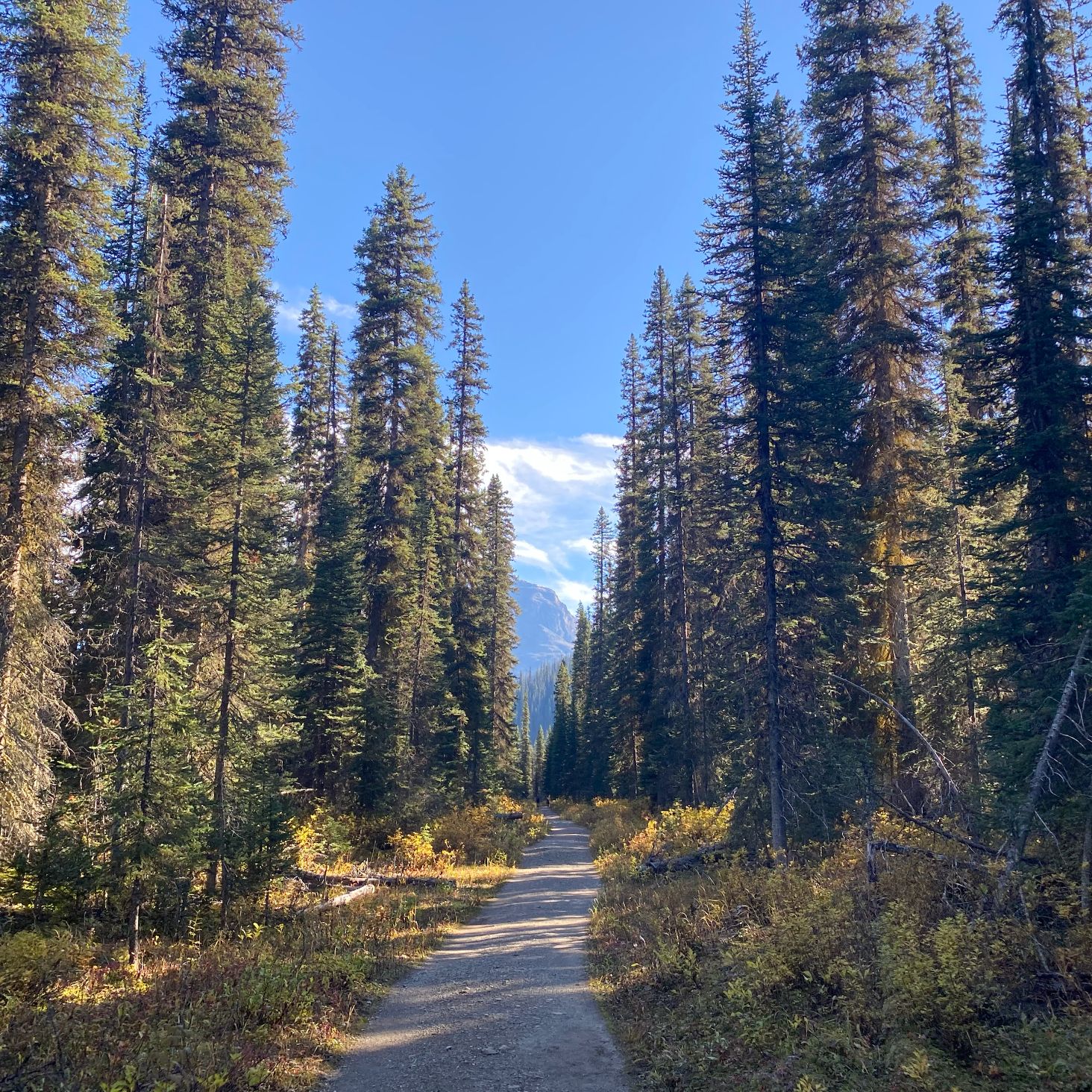
Informal Vocabulary and Grammar: two meanings of "used"
Description
One of my students recently asked me about these uses of this word. One is more like a verb and is about the past, while the second is more like an adjective and means "accustomed to" or "OK with." Consider these examples:
Like a verb:
When I was a kid, I used to ride my bike all over the countryside. I wish I had time for that now.
People used to sail across the ocean without any maps or GPS.
Writers used to write with typewriters. Now they type on computers, unless they’re really cool.
I used to be a child. Then I grew up and now I’m an adult.
We used to believe that the earth was the centre of the universe. Now we know it isn’t.
Like an adjective:
When I started teaching I was always tired, but now I am used to getting up early, because many of my students live overseas.
Nowadays, the internet is so normal that everyone is used to it, but when it was invented, it was very confusing for most people.
If you live in a very warm country, when you visit Canada you’ll want to come in the summertime, since you won’t be used to the cold in winter.
Some people are very arrogant because they are used to everyone else saying yes to them all the time.
It has been hard for students and professors, but they are used to online learning now.
Polar bears don’t really get cold. They are used to it.
To get used to something:
When she moved to Canada, it took her a long time to get used to the winters, but now she loves them.
When he complained about doing chores, his father said, “Get used to it, life is work.”
Both meanings:
I used to live in the countryside, but now I am used to living in the city.
You need to get used to using the internet all the time to live in the modern world—life isn’t so simple as it used to be!
Podcast Channel
Informal English with Eric
Author
All episodes
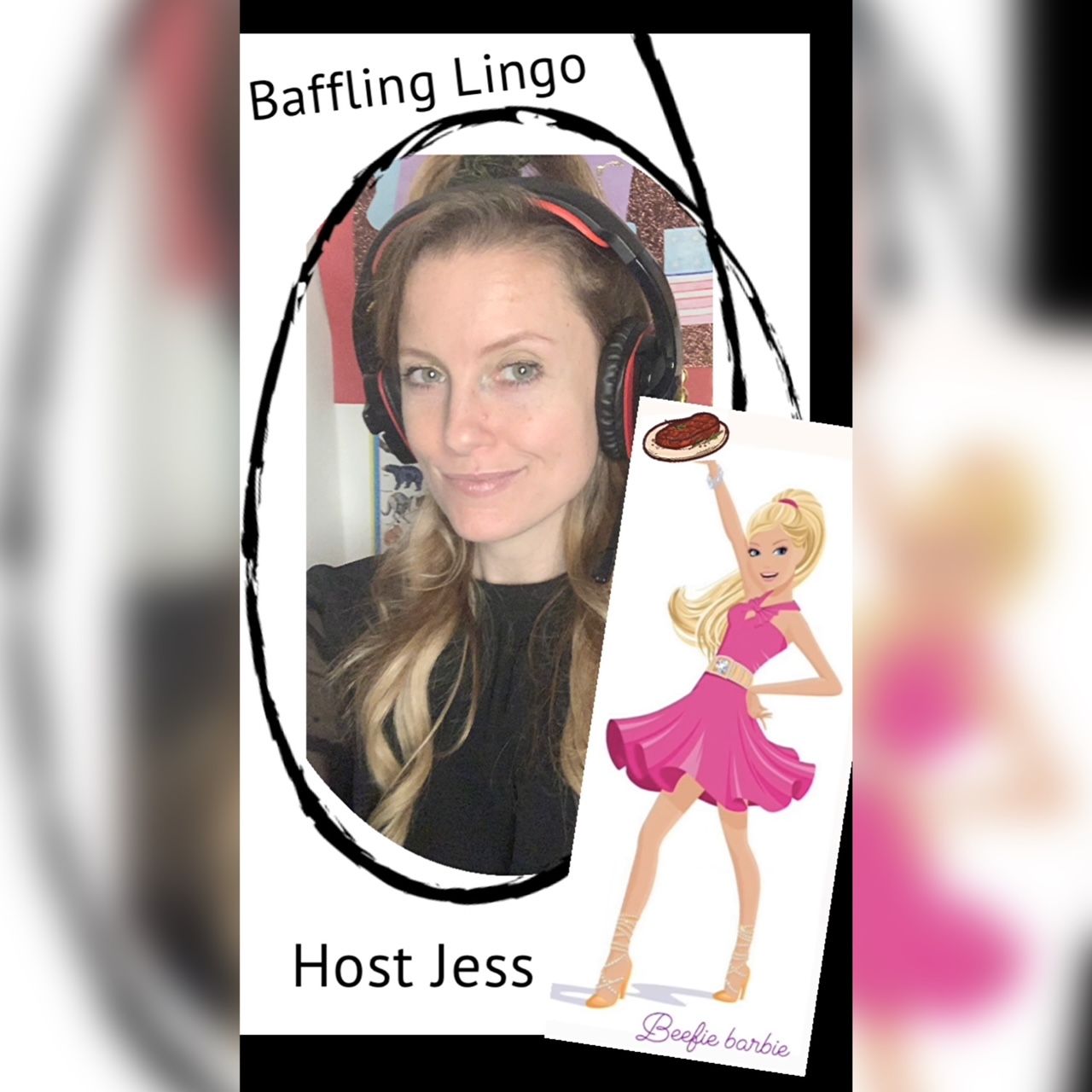
Time Restricted Feeding AKA 'Fasting'
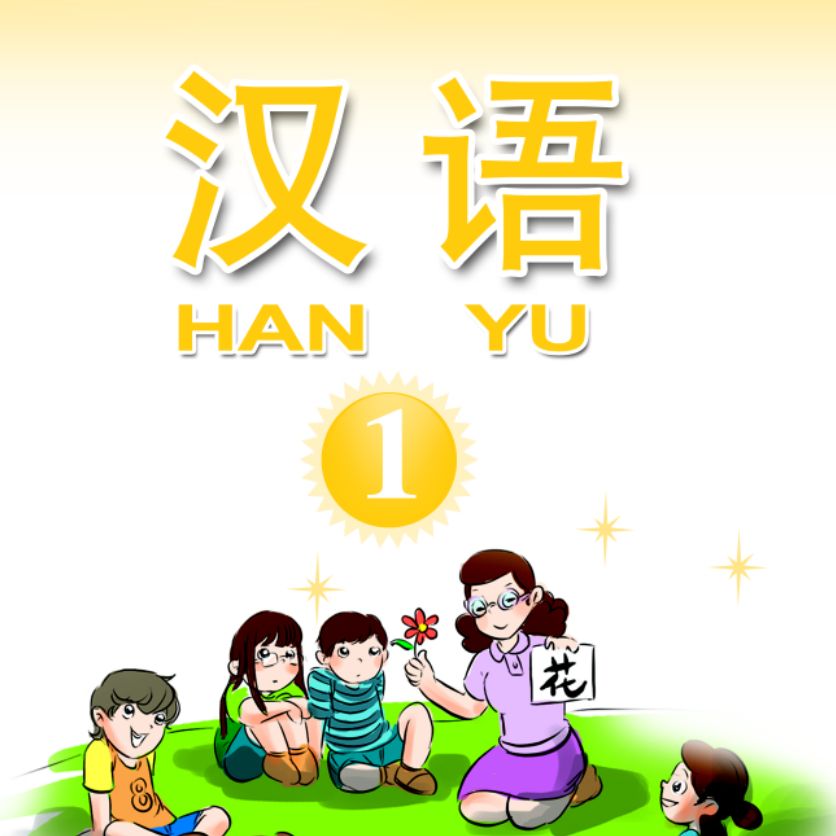
EP.9 How to Recognize People _Who is she_” in Chinese (Like this subcribe my channel)
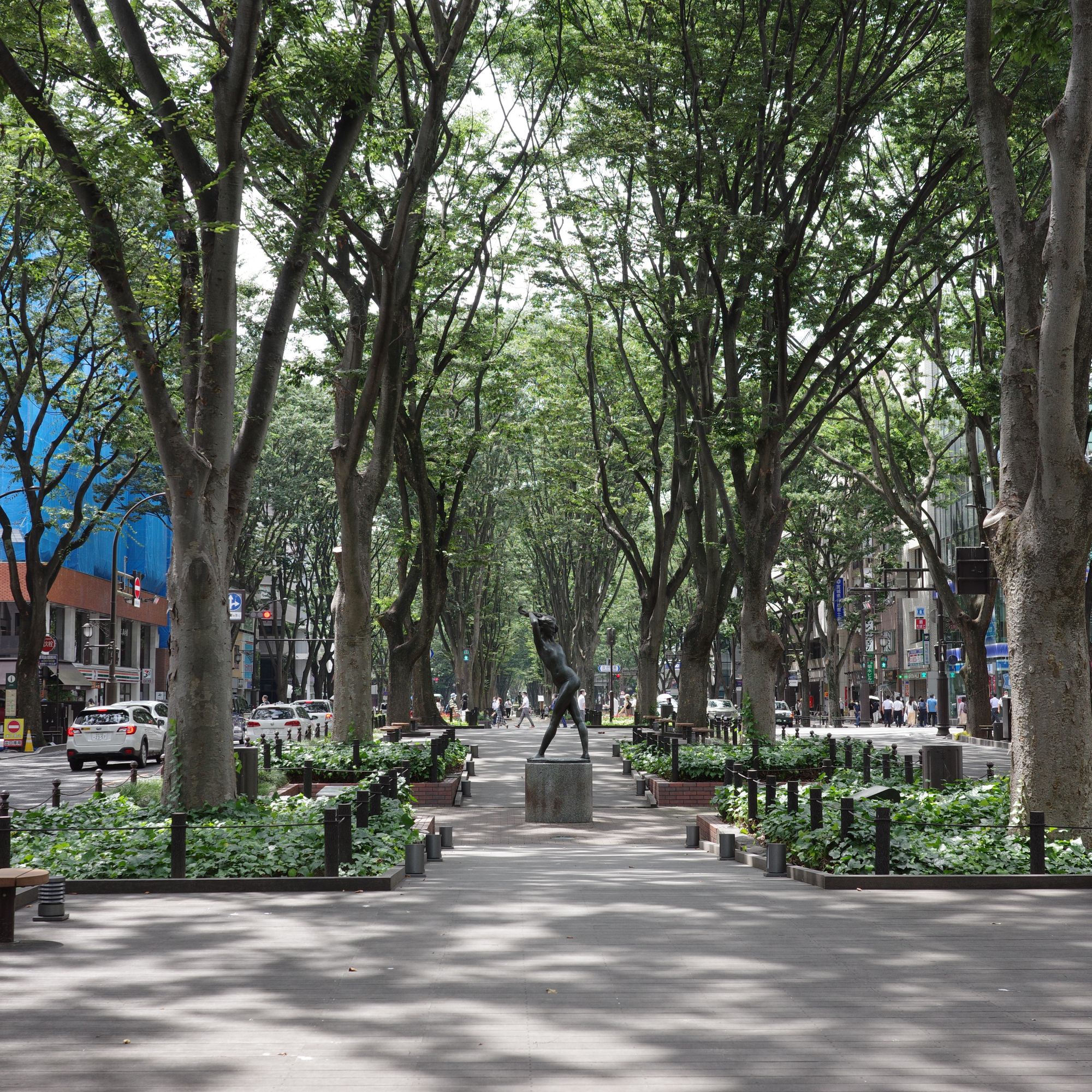
どんな先生と勉強したい?
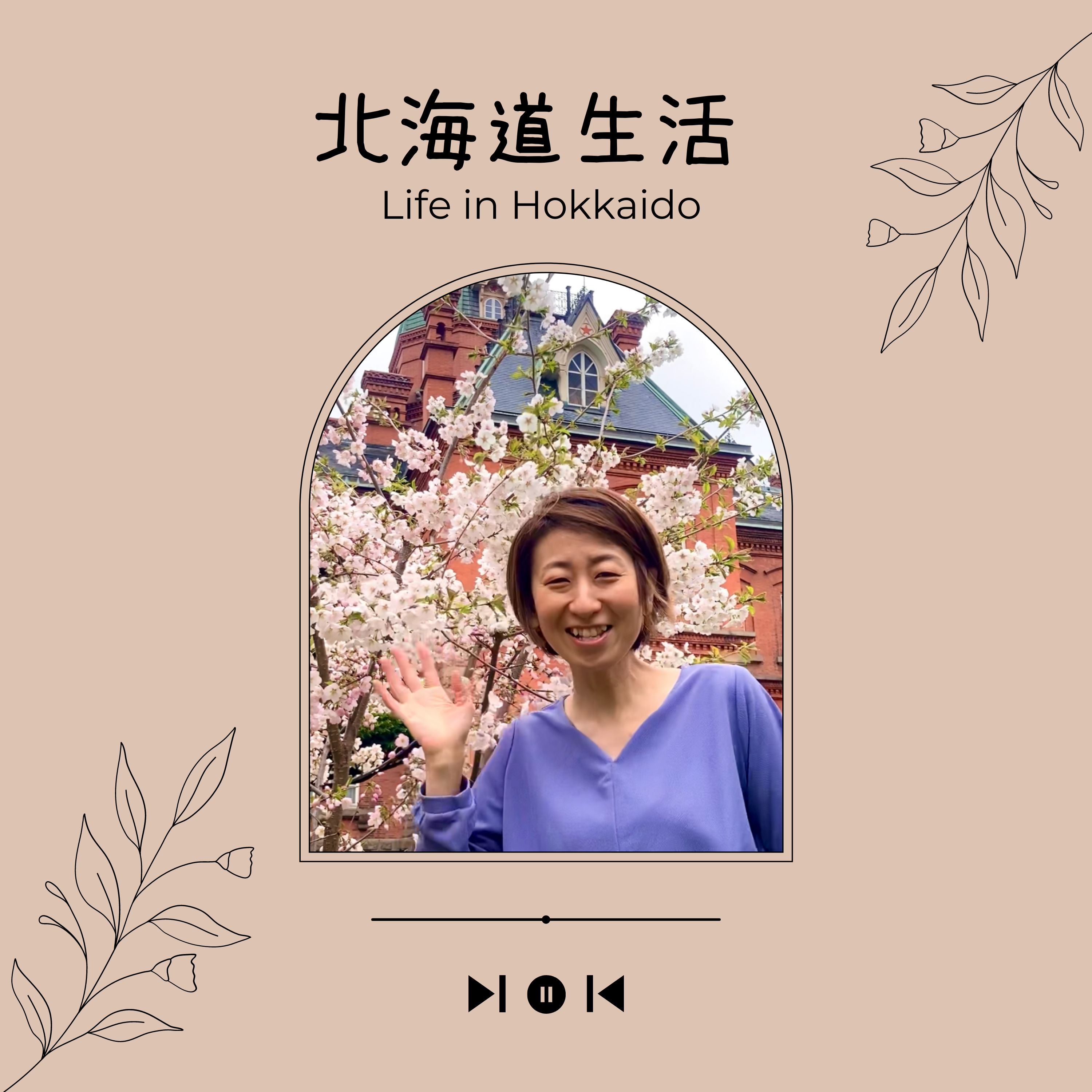
〈#138〉11月22日火曜日 冬が来た!雪!寒いよ‼
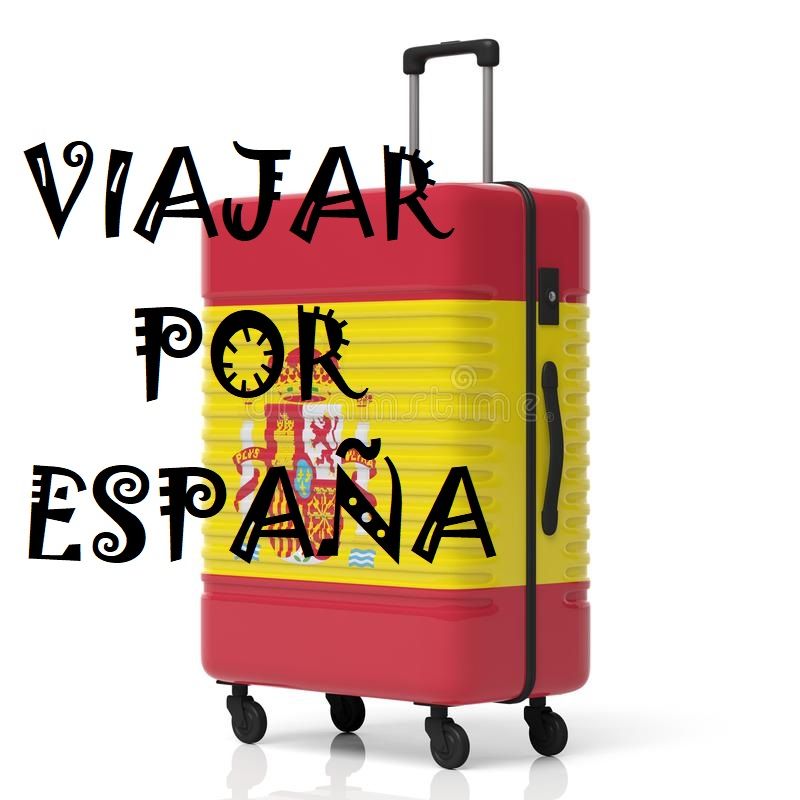
Mi España - La ciudad de Córdoba.
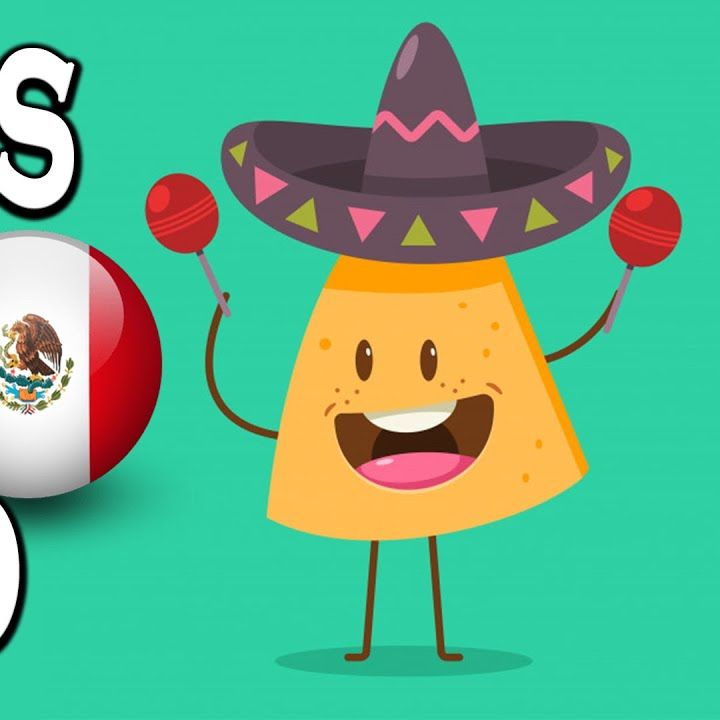
UN HOMBRE CÍNICO.

My Personal Mission Statement - Episode 88

Look For An Ideal Job!
Popular episodes

Baffling Lingo
Time Restricted Feeding AKA 'Fasting'

Who says Chinese is hard? 谁说中文很难
EP.9 How to Recognize People _Who is she_” in Chinese (Like this subcribe my channel)

Japanese "Taka" it easy
どんな先生と勉強したい?

北海道Hokkaido生活 for Japanese learners
〈#138〉11月22日火曜日 冬が来た!雪!寒いよ‼

VIAJAR POR ESPAÑA "AUDIOS"
Mi España - La ciudad de Córdoba.

CHISTES MEXICANOS
UN HOMBRE CÍNICO.

The Global Professional Podcast
My Personal Mission Statement - Episode 88

Job Interview Preparation | CEO Interview Strategies From Diverse Business Sectors!
Look For An Ideal Job!